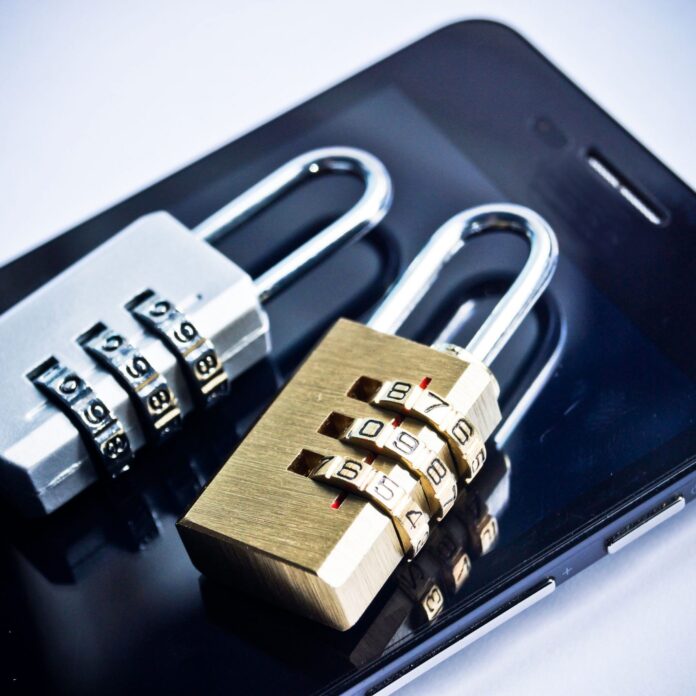Consortium of trade groups, carriers and device makers updating anti-theft guidelines
WASHINGTON – CTIA – The Wireless Association, along with several major carriers and smartphone manufacturers including Apple, AT&T, BlackBerry, Google and Huawei, announced a new effort to update the smartphone anti-theft agreement, which aims to “encourage the widespread adoption of anti-theft tools, which will be made available on all smartphones at no cost to U.S. consumers, as of July 2016.”
The updated commitment includes new anti-theft tools that maintain a commitment to consumer privacy, new anti-theft apps and easy to follow security setup instructions. Under the anti-theft commitment rules the following industry standards are in place:
- Remote wipe of the authorized user’s data (i.e., erase personal info that is added after purchase such as contacts, photos, e-mails, etc.) that is on the smartphone in the event it is lost or stolen.
- Render the smartphone inoperable to an unauthorized user (e.g., locking the smartphone so it cannot be used without a password or PIN), except in accordance with FCC rules for 911 emergency communications and, if available, emergency numbers programmed by the authorized user (e.g., “phone home”).
- Prevent reactivation without the authorized user’s permission (including unauthorized factory reset attempts) to the extent technologically feasible (e.g., locking the smartphone as in No. 2 above).
- Reverse the inoperability if the smartphone is recovered by the authorized user and restore user data on the smartphone to the extent feasible (e.g., from the cloud).
The update to the rules came at the direct request of Federal Communications Commission Chairman Tom Wheeler, as part of the agency’s renewed commitment to fighting smartphone theft and encouraging the industry to do likewise.
Smartphone theft is a major issue in the U.S. In 2013, Consumer Reports published data indicating that 3.1 million Americans were victims of smartphone theft. That was more than double the same metric from the year before. Smartphone theft is made all the more serious because of how much personal data smartphones hold. More sophisticated thieves often drain phones of personal information, which can be used to empty bank accounts and open credit cards before they even sell the phone.
Globalization also has made selling stolen smartphones across borders a highly lucrative enterprise. The FCC recently signed a Memorandum of Understanding with Colombia’s Ministry of Information and Technology to combat the huge Latin American trade in black-market smartphones.
Wheeler was upbeat in his response to CTIA and the wireless industry move to update the anti-theft rules: “CTIA and its members understand that smart-device theft remains a serious problem. Their enhanced voluntary commitment to adopt anti-theft features and educate consumers demonstrates their resolve in combating it. I am encouraged that the industry has taken action in response to the recommendations recently submitted by the FCC Technical Advisory Committee’s stolen phones working group, and I am hopeful that this new voluntary commitment will make a meaningful difference for consumer safety.
“The FCC will remain vigilant in this area by pushing for further improvements to the theft-prevention toolbox, and also by monitoring closely whether the efforts of industry and others are producing meaningful results,” he said.
CTIA President and CEO Meredith Attwell Baker praised industry and regulator efforts to curb smartphone theft. “By collaborating with federal and state policymakers as well as law enforcement, we are better serving America’s wireless consumers.”

